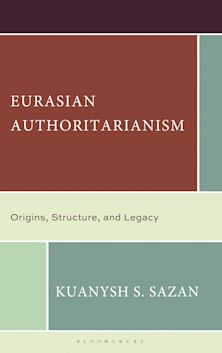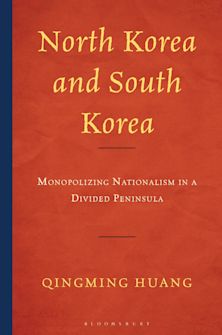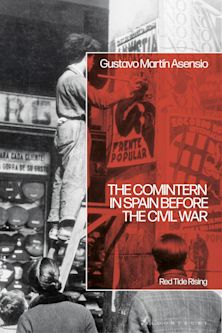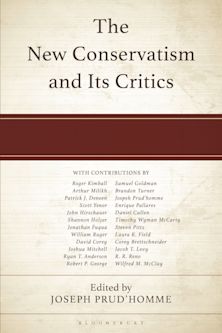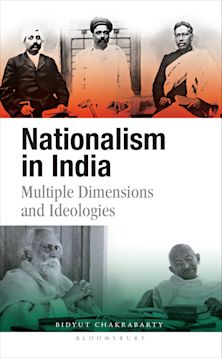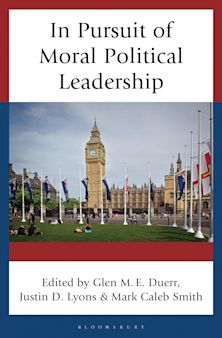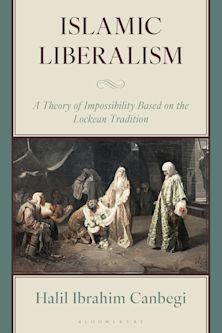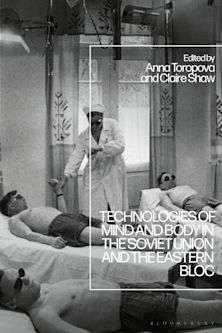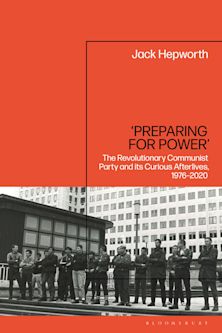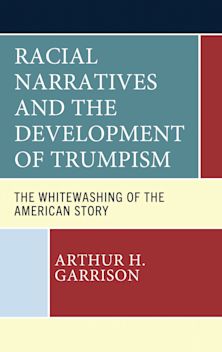- Home
- ACADEMIC
- Politics & International Relations
- Political Ideologies
- Ralph Waldo Emerson
This product is usually dispatched within 3 days
- Delivery and returns info
-
Free US delivery on orders $35 or over
You must sign in to add this item to your wishlist. Please sign in or create an account
Description
In this original and highly readable book, Peter S. Field explains how Ralph Waldo Emerson became the first democratic intellectual in American history. By focusing on his public career, Field contends that Emerson was a democrat in two senses: he single-handedly sought to create a vocation equal to his conviction that America represented the democratic promise of the western world; and as importantly, he acted the part of the democrat by attempting to bring culture to all Americans. Utterly disaffected with the self-satisfied Boston Brahmin establishment into which he had been born, he set forth through the nation in order to assume the role of conscience, critic, and gentle exhorter to the people. More poet than philosopher, Emerson demands to be understood as a public intellectual. Peter Field deftly portrays Emerson as he attempted to create himself-as a unique, irenic prophet to the American people.
Table of Contents
Chapter 2 From Emerson to Emerson
Chapter 3 "Born to be Educated"
Chapter 4 The Problem of Vocation
Chapter 5 Unitarianism and Its Discontents
Chapter 6 "The Transformation of Genius into Practical Power"
Chapter 7 Abolitionism and the Strange Career of Emerson and Race
Chapter 8 Assessing Emerson as Democratic Intellectual
Chapter 9 Bibliography
Product details
| Published | Oct 09 2003 |
|---|---|
| Format | Paperback |
| Edition | 1st |
| Extent | 272 |
| ISBN | 9780847688432 |
| Imprint | Rowman & Littlefield Publishers |
| Dimensions | 9 x 6 inches |
| Series | American Intellectual Culture |
| Publisher | Bloomsbury Publishing |
About the contributors
Reviews
-
Field's book is a welcome addition to the literature that examines Emerson as a product of his times and explores how, throughout his life, he attempted to situate himself as a spokesman for a particular issue or issues. . . . Field has produced an excellent, suggestive evaluation of the public Emerson-the one who continually refashioned himself as his ideas and venues changed-and a book that deserves to be placed among the best studies of Emerson's intellectual and professional development.
Joel Myerson, New England Quarterly
-
Field stands atop the current reassessment of Ralph Waldo Emerson's public voice with his fresh sense of all the relevant texts and contexts, from origins in the Boston ministry through national politics of the Civil War era. This book makes an admirable case for nineteenth-century America's most influential thinker.
Phyllis Cole, Penn State University, Delaware County
-
Field does a convincing job of showing the growth of this public thinker, and his volume certainly adds to our understanding of the man and his times.
Susan L. Roberson, H-Shear
-
None of Ralph Waldo Emerson's accomplishments was more important than his reinvention of himself. Peter S. Field persuasively traces Emerson's transformation from Unitarian minister to public intellectual in this able biography of one of the 19th century's most enduring figures.
Conrad Edick Wright, Massachusetts Historical Society
-
As a brief for Emerson as a public intellectual, Field's book is valuable and has the virtue of offering readers a focused examination of the ways in which, from the years of his first ministry on, this seminal thinker understood that the age demanded a new kind of cultural critic.
Philip F. Gura, Reviews in American History
-
Peter Field's new study of Emerson portrays him in very human and compelling terms, searching for his self, finding his voice and vocation, and becoming America's prototypical 'public intellectual.' Emerson springs to life in its pages, engaged with the challenges facing his age. A wonderful introduction to the Sage of Concord.
John F. Wilson, Princeton University













